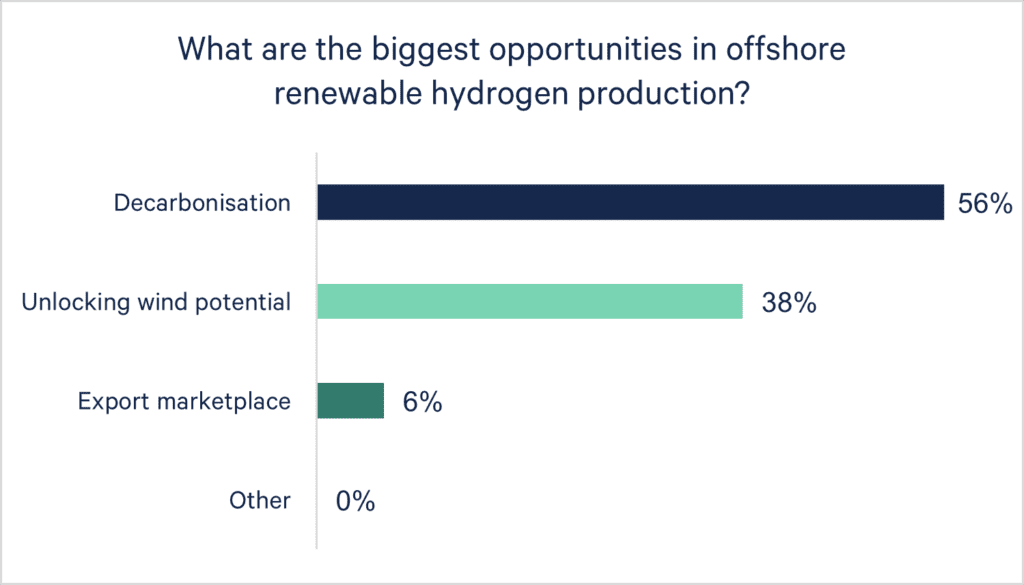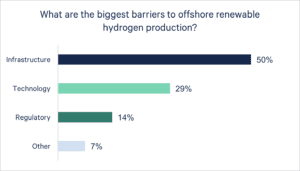
Building on Hydrogen Week 24
By Anne Haase, Renewables Director at Aquaterra Energy
Estimated read time: 3 minutes
That’s the end of UK hydrogen week 24 and I’m blown away by the drive, vision, and investment behind building an industry that will deliver key benefits with respect to global decarbonisation and Net Zero.
Key takeaways from Hydrogen Week have been:
- It’s a global issue, but the solutions are driven by local demographics. Each of the H2 clusters have their own industry, resource, and skills bases. They each have USPs and will need to derive a locally relevant decarbonisation plan which includes H2. H2 isn’t the panacea…but it’s danged important for hard to decarbonise sectors. A wiser human than me once said “We need to stop using the sky as an open sewer”, and we all have a part to play in clean up and future best practice.
- We are closer than we think to hitting the 2025 target of 1GW of low carbon hydrogen by 2025…but, it’s dependent on a couple of larger projects. We can’t sit on our thumbs, it’s clear we need to create more projects to de-risk this. Who doesn’t like beating a target? We need caution – it’s better to walk to the right destination than to run to the wrong one.
- It’s a team effort – no one has walked this path, so we have no map. It’s only through working across traditional boundaries that we can accelerate this. The clusters and all the participants can learn from each other – we all want the same thing. We definitely need far more engagement, we need to take best practice and frameworks from projects that fast-track.
- It’s not onshore v offshore. It’s more about onshore plus offshore. Up until now, the clusters – and most of the industry – have been focused on onshore delivery. We are pushing into that undiscovered territory here at Aquaterra and taking a “go hard or go home” approach to offshore renewable hydrogen. We believe it is a core part of the future mix and are building that vision into reality.
I was really grateful for the engagement on the polls we published earlier this week on LinkedIn, and as a final thought I’d like to discuss the results with you. We asked our audience two questions – what are the biggest opportunities, as well as the biggest barriers to offshore renewable H2 production.

The majority saw its potential as a key tool with respect to decarbonisation, due to its ability to scale and unlock wind potential. Interestingly, a very low number saw it as an export opportunity for the UK… I see it as a HUGE one… dependent on compliance with REDII.

Looking at the results of the biggest barriers – we are absolutely aligned. We can’t have a hydrogen industry without the infrastructure to transport the “product” and pipelines will unlock production at scale. I would challenge on the technology element, however, the electrolyser tech is there (subject to marinization), but optimised balance of plant and grid forming technology will need to be on the radar.
Click here to learn more about our offshore renewable hydrogen solutions.